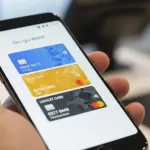
How to add credit and debit cards to Google Wallet the right way
Prepare to unlock seamless payments with Google Wallet—discover the essential steps and insider tips you can’t afford to miss before adding your cards.
In 2025, keeping your finances in check is more crucial than ever, and a stack of apps is ready to turn your smartphone into a powerful personal finance hub. Gone are the days of tedious spreadsheets and confusing bank statements. Today’s top financial apps are smarter, more intuitive, and increasingly powered by AI, making it easier for everyone—from budgeting beginners to seasoned investors—to take control of their money.
Whether you’re aiming to save for a down payment, pay off debt, or grow your wealth through smart investments, the right app can be your best ally. Let’s dive into the must-have tools that are redefining personal finance.
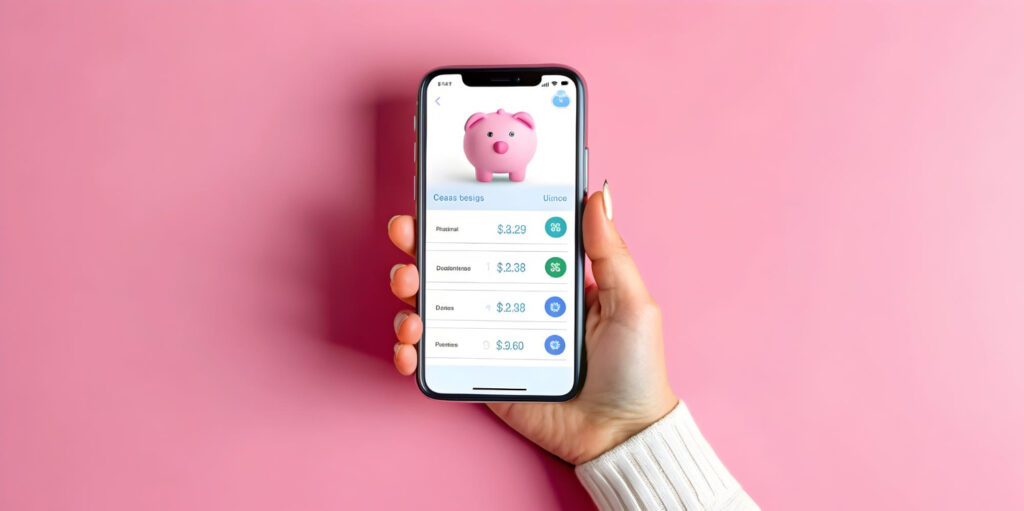
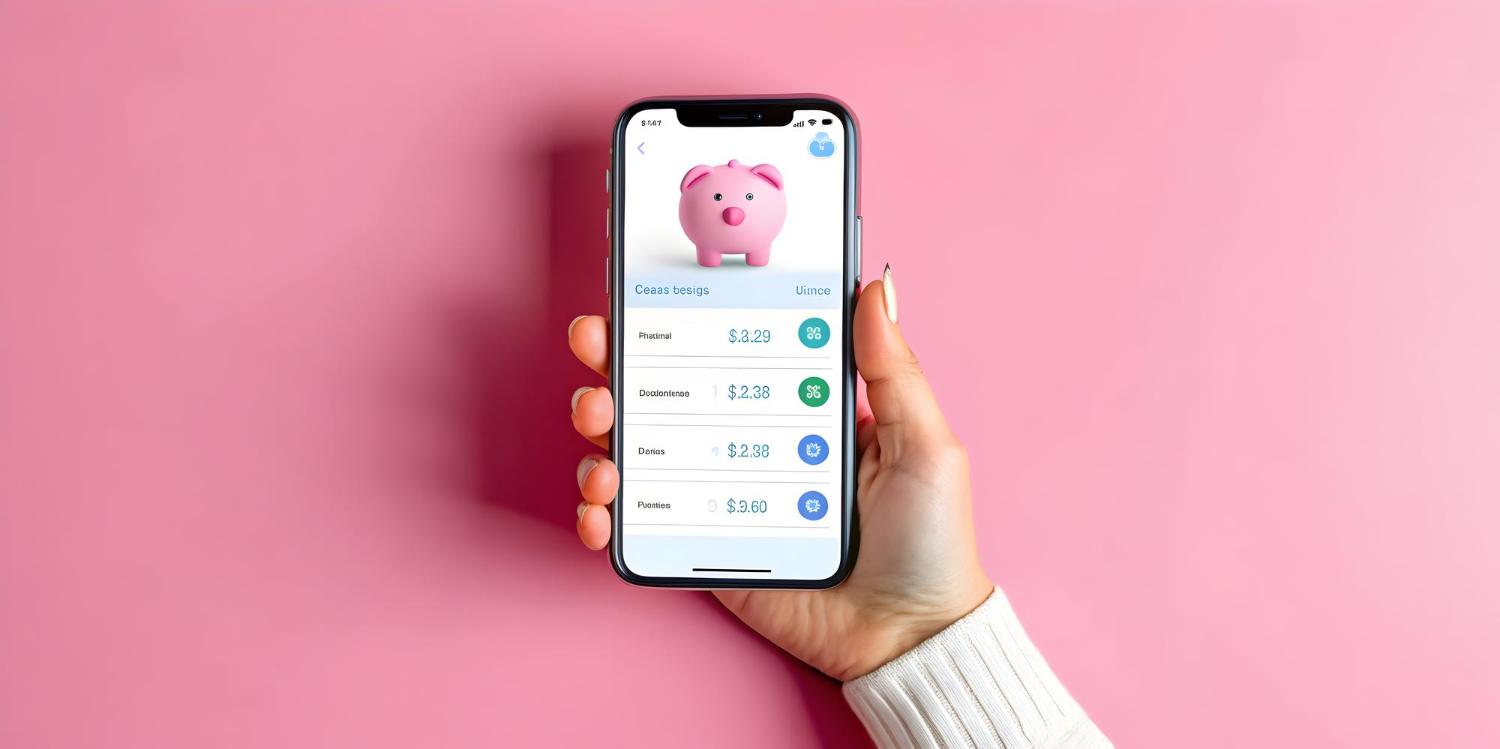
Effective budgeting is the cornerstone of financial health. These apps simplify tracking, categorize spending, and help you stick to your goals.
Turning savings goals into reality and tackling debt head-on require discipline and the right tools to keep you motivated.
The world of investing can seem daunting, but these apps are democratizing access to the stock market, ETFs, and even alternative investments.
Artificial intelligence is no longer just a buzzword; it’s actively enhancing financial apps.
With so many powerful options, how do you pick the right one? Consider your primary goals:
Remember, the best app is the one you’ll actually use. Take advantage of free trials and explore interfaces to find what fits your financial style. By harnessing the power of these essential apps, you’re not just tracking money; you’re actively shaping your financial future.
In 2025, managing your money has been revolutionized by the sheer power and convenience of mobile applications. From meticulous budgeting apps that “give every dollar a job” to smart savings tools that make saving effortless, and investment platforms that open up the market to everyone, your smartphone is truly your personal finance co-pilot. The integration of Artificial Intelligence further enhances these tools, offering personalized advice, predictive insights, and robust fraud detection.
The key to financial success isn’t just about having these apps; it’s about actively using them. Whether you’re aiming to crush debt with the debt snowball method, effortlessly build an emergency fund, or confidently navigate the stock market, the right app can simplify complex tasks and keep you motivated. Embrace these must-have financial apps to not just track your money, but to actively shape a more secure and prosperous financial future.

Prepare to unlock seamless payments with Google Wallet—discover the essential steps and insider tips you can’t afford to miss before adding your cards.

Not sure why Google Wallet won't verify your card? Discover quick fixes and the one step most users overlook that could solve everything.
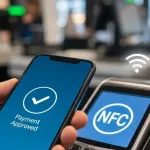
Get ready to simplify shopping with Google Wallet for contactless payments—discover the essential steps you can't afford to miss next.
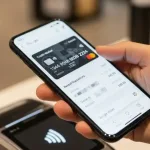
Learn the crucial steps to transfer your Google Wallet to a new phone without losing data—discover the one step you can’t afford to miss.

Just how does Google Wallet keep your payments secure with every tap—discover the hidden layers of safety that might surprise you.

Knowing why Google Play isn't accepting your Wallet could reveal a simple fix or a hidden issue you haven't considered yet.